Elite Life Agency Blogs
Agent Information and Blog

"Find Your Next Career Move: 2023 Entry Level Insurance Agent Jobs in CA | Elite Life Agency"
Cracking the Code: A Beginner's Guide to Succeeding in Entry-Level Insurance Agent Jobs
Introduction to the Insurance Industry for Beginners
Are you interested in a career in the insurance industry? The world of insurance can seem complex and overwhelming to beginners, but with patience, dedication, and a willingness to learn, you can succeed as an entry-level insurance agent. In this section, we will provide a foundational understanding of the insurance industry to help you hit the ground running in your new career.
When most people think of insurance, they likely think of life insurance, which is one of the main types of insurance policies. But did you know there are several other types of insurance as well, including health insurance, homeowner's insurance, and car insurance? Understanding the basics of each type of insurance policy can set you up for success as an entry-level insurance agent.
As an entry-level insurance agent, you must also be familiar with common industry terminologies and jargons. Words like compensation, policy, and policyholder are frequently used in the insurance industry, and understanding their meaning is essential to effectively communicate with clients and colleagues.
To work in the insurance industry, you will need to obtain the proper licenses and meet certain eligibility requirements. These requirements vary depending on the state and the type of insurance company you work for. Obtaining a life insurance license, for example, is a common requirement for entry-level insurance agent jobs in the life insurance industry.
In the next section, we will provide a roadmap to help aspiring agents triumph in their new roles.
Road Map to Success for Aspiring Agents
As a new entry-level insurance agent, your success will depend on your ability to build a solid client base and achieve sales goals. To do this, you will need to master sales techniques, leverage technology and social media platforms, and manage your time effectively.
Developing strong interpersonal communication skills will also be essential for building relationships with prospective clients and collaborating with policyholders to develop insurance risk management strategies.
At Elite Life Agency, we value candidates with strong communication skills, attention to detail, and a willingness to learn and evolve with our growing team. Our bonus program rewards top-performing employees and offers ongoing assistance to help you succeed in your position.
In the next section, we will dive deeper into the requirements and qualifications needed to get hired as an entry-level insurance agent.
How to Succeed as a New Entry-Level Insurance AgentMastering Sales Techniques and Time Management
Being a new entry-level insurance agent can be challenging, but developing effective sales techniques and time management skills can make the job much easier. Learning how to qualify prospective clients, analyze their financial resources, and collaborate with policyholders to develop insurance risk management strategies are just a few ways to hit the ground running in this exciting industry. Additionally, utilizing technology to keep up-to-date with policy changes and communicate with team members is crucial for success.
Expanding Your Network and Building a Client Base
Expanding your network and building a client base are essential for success in the insurance industry. Utilizing social media platforms and attending networking events can be effective ways to expand your reach. Being a people person with a willingness to educate and assist your clients can also help you build long-term relationships that lead to a loyal customer base. Additionally, staying up-to-date on various types of insurance policies and company ratings can help you provide top-notch advice and increase your credibility as an insurance agent.
The Rewards of Being an Entry-Level Insurance Agent
While entry-level insurance agent jobs may not offer the highest starting salary, the long-term rewards can be significant. Opportunities for growth, such as expanding your customer base, investing in annuities or life insurance, and developing estate and retirement planning strategies, can lead to a lucrative career path. Additionally, many insurance companies offer flexible schedules and bonus programs to reward top-performing agents.
Applying for Entry-Level Insurance Agent Jobs
When applying for entry-level insurance agent positions, having strong interpersonal communication skills will hit the ground running. Candidates who pay attention to detail, are motivated, and can conduct themselves professionally can be valuable assets to any company. While a life insurance license is a requirement for most positions, having additional licenses can expand your marketability and increase your earning potential. Additionally, being willing to collaborate with others and attend regular meetings can demonstrate your commitment and desire to succeed in the industry.
Conclusion:
Becoming an entry-level insurance agent can be a rewarding career path for those who are willing to put in the effort to succeed. By mastering sales techniques, time management, and building a solid client base, new agents can hit the ground running and achieve long-term success in the industry. The key is to stay up-to-date on the latest insurance policies and regulations, collaborate with policyholders to develop insurance risk management strategies, and stay motivated to grow and evolve as an agent. Whether you're looking to get hired with Elite Life Agency or another insurance company, pursuing a career in this field can lead to a fulfilling and financially rewarding career.
Thanks for reading our article "Cracking the Code: A Beginner's Guide to Succeeding in Entry-level Insurance Agent Jobs!" Find more information about our company and sign up with us today at https://elitelifeagency.com.
Here are a few other reputable sources if you're interested in learning more about this topic:
1. Insurance Information Institute - iii.org
2. National Association of Insurance Commissioners - naic.org
3. Insurance Journal - insurancejournal.com
4. Investopedia - investopedia.com
5. The Balance - thebalance.com






